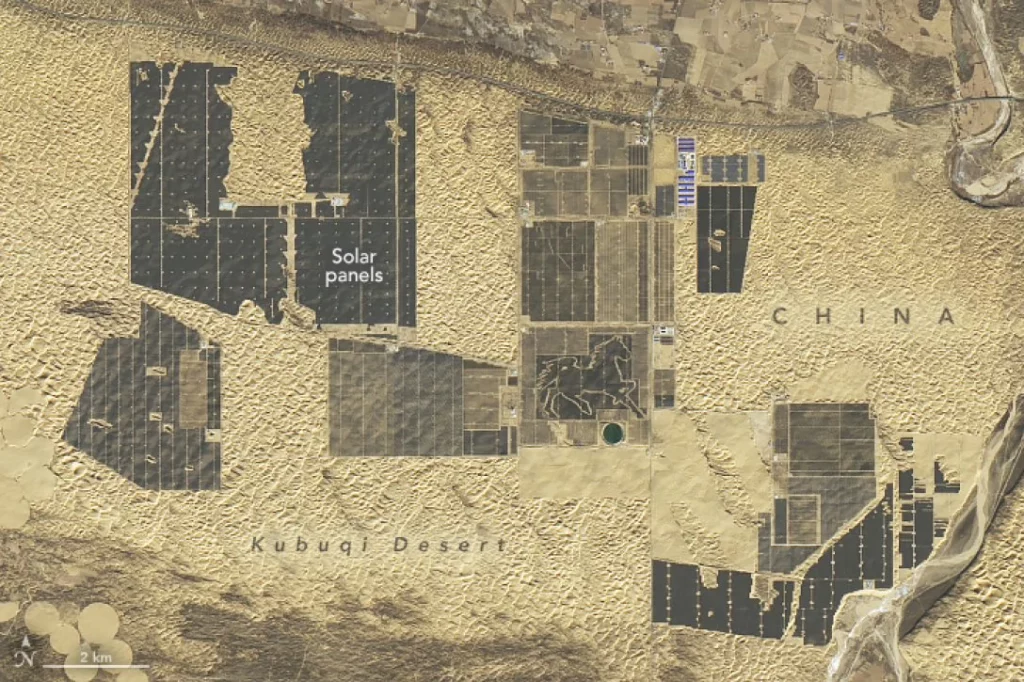ICAT has launched a new guide to support countries seeking to engage in international cooperation under Article 6 of the Paris Agreement. The guide targets policymakers and technical staff and focuses on the links between Article 6, which describes voluntary cooperation in achieving NDC targets to allow for higher ambitions in mitigation and adaptation actions; and Article 13, which sets out the requirements of the enhanced transparency framework.
ICAT’s new guide, Transparency for cooperative approaches under the Paris Agreement: A guide to navigating the links between Articles 6 and 13, was developed to support countries seeking opportunities to engage in international cooperation under Article 6 of the Paris Agreement. The guide, an important new component of ICAT’s toolbox, helps countries to understand the opportunities for voluntary cooperation and the associated reporting and accounting requirements of Article 6.
The new guide particularly focuses on the links between Article 6 – which centres on international cooperative approaches – and Article 13, which deals with transparency. It sets out countries’ options for international cooperation, and the conditions and policy considerations around these options. In addition, it guides users in considering the key role of transparency in ensuring environmental integrity.
Article 13 covers the enhanced transparency framework (ETF), which is intended to ensure both transparency of action – a clear understanding of actions that contribute to achieving the objective of the Paris Agreement, including tracking the progress of NDCs – and transparency of support, to provide clarity on support both provided and received by countries. As parties to the Paris Agreement, countries are therefore obliged to report on any related activities, including those undertaken under Article 6.
Article 6 allows countries that are Party to the Paris Agreement to voluntarily cooperate with each other to achieve their nationally determined contributions (NDCs). To benefit from this cooperation, countries must have a robust transparency framework in place, so that the opportunities and risks of participating in Article 6 can be analyzed, offset, monitored and reported on.
Importantly, participation in Article 6 requires that countries understand their progress towards the achievement of their NDC targets to ensure that cooperation with other countries does not jeopardize their own ambitions and can well be integrated into their NDC implementation strategy.
While ICAT has created the guide with climate policymakers and technical staff in developing countries in mind, the guide should also be useful for any other Article 6 stakeholders. Specifically, the guide identifies opportunities and challenges for operationalizing Article 6 nationally, including the different transparency requirements of the various approaches, and the participation of the private and public sector in Article 6 activities.



